NEW YORK (news agencies) — The monthlong celebration of LGBTQ+ Pride reaches its exuberant grand finale on Sunday, bringing rainbow-laden revelers to the streets for marquee parades in New York, Chicago, San Francisco and elsewhere across the globe.
The wide-ranging festivities will function as both jubilant parties and political protests, as participants recognize the community’s gains while also calling attention to recent anti-LGBTQ+ laws, such as bans on transgender health care, passed by Republican-led states.
This year, tensions over the Israel-Hamas war in Gaza are also seeping into the celebrations, exposing divisions within a community that is often aligned on political issues.
Already this month, pro-Palestinian activists have disrupted pride parades held in Boston, Denver, and Philadelphia. Several groups participating in marches Sunday said they would seek to center the victims of the war in Gaza, spurring pushback from supporters of Israel.
“It is certainly a more active presence this year in terms of protest at Pride events,” said Sandra Pérez, the executive director of NYC Pride. “But we were born out of a protest.”
The first pride march was held in New York City in 1970 to commemorate the one-year anniversary of the Stonewall Inn uprising, a riot that began with a police raid on a Manhattan gay bar.
In addition to the NYC Pride March, the nation’s largest, the city will also play host Sunday to the Queer Liberation March, an activism-centered event launched five years ago amid concerns that the more mainstream parade had become too corporate.
Another one of the world’s largest Pride celebrations will also kick off Sunday in San Francisco. Additional parades are scheduled in Chicago, Minneapolis, and Seattle.
On top of concerns about protests, federal agencies have warned that foreign terrorist organizations and their supporters could target the parades and adjacent venues. A heavy security presence is expected at all of the events.



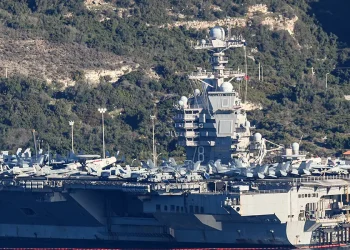
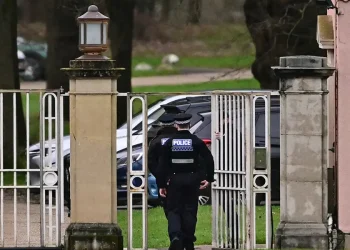
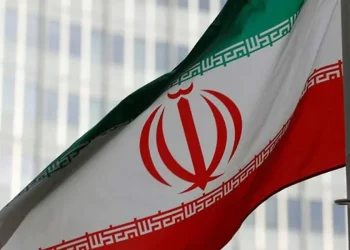
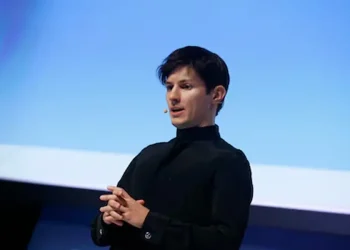
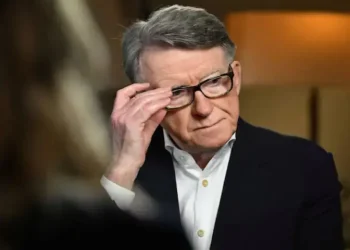
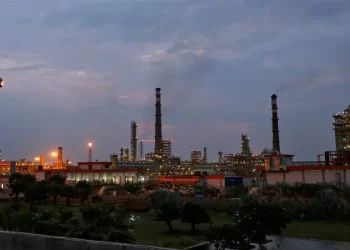

 American Dollar Exchange Rate
American Dollar Exchange Rate